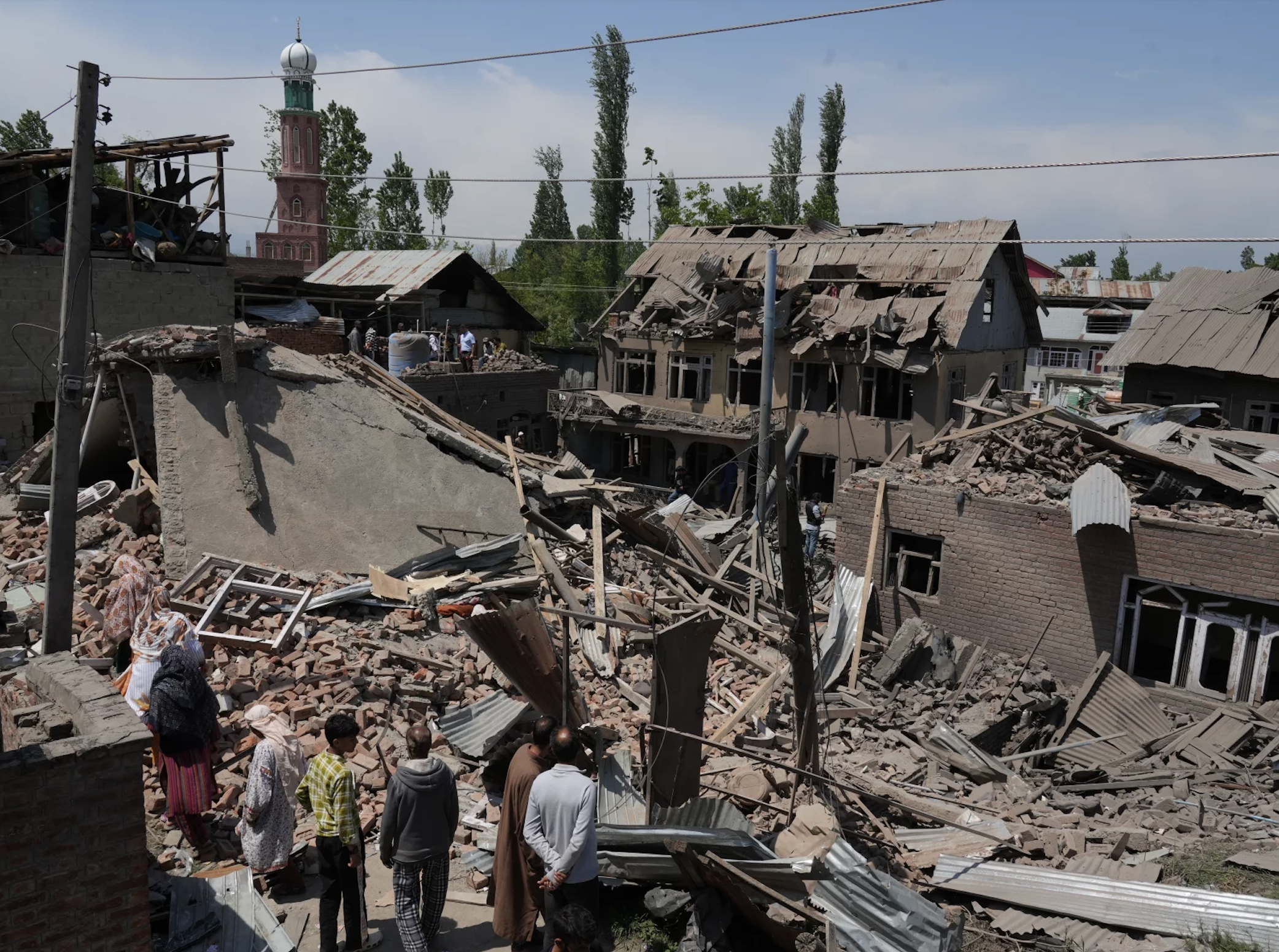
By Javed Qureshi
AHMEDABAD: India is known for its unity in diversity. But currently, Gujarat—a state in India—has become the center of a heated debate. The Gujarat government’s move to implement the Uniform Civil Code (UCC) has raised serious concerns, especially among the Muslim community, as they follow Islamic personal laws based on their religious beliefs.
While the government calls it a step towards equality, many wonder: is this really about equality, or does it threaten the religious and cultural identity of India’s largest minority?
These concerns grew stronger after a drafting committee was formed under retired Supreme Court judge Ranjana Desai—who had also led the UCC draft in Uttarakhand. In Uttarakhand, there was little public discussion, and legal experts say the draft has many flaws, especially affecting Muslims and other cultural groups. In Gujarat too, the new committee has no Muslim or minority representatives, which is seen as a warning sign. Moreover, the BJP government has excluded tribal communities from the UCC, which raises doubts about its real intentions.
Historical and Constitutional Background
Debates around the UCC aren’t new. Even during the framing of India’s Constitution, there were disagreements. Interestingly, the idea of UCC traces back to the 1937 Shariat Application Act, which gave Muslim women inheritance rights. The main goal of UCC was to ensure equal rights—especially gender justice. But the Constitution makers were also concerned that such a move shouldn’t violate the rights of religious and cultural communities.
Dr. B.R. Ambedkar, the architect of the Constitution, supported a voluntary UCC—meaning it should apply only to those who choose to accept it. He said: “People are reading too much into Article 35 (now Article 44). It only says the State shall try to secure a Uniform Civil Code, not that it must enforce it on everyone. Like the 1937 Shariat Act, people should have the option to follow it if they want.”
So, Article 44 is a Directive Principle, which means it guides the state but is not legally enforceable.
This story was originally published in indiatomorrow.net. Read the full story here.




